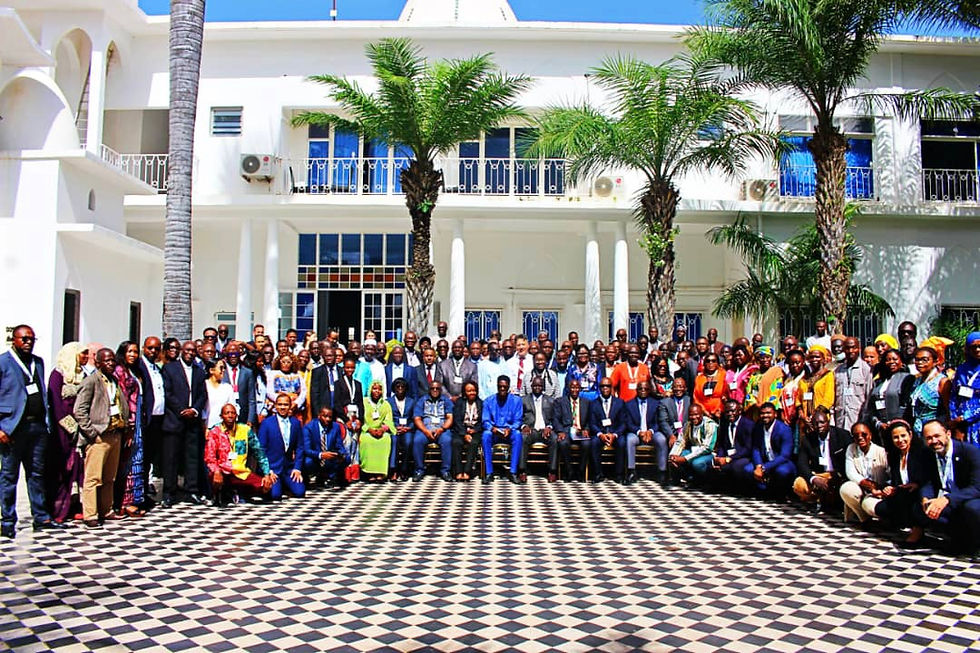Gambia Hosts First ICCA National Assembly at Metzy Hotel
- Gunjuronline.com

- Oct 19, 2025
- 2 min read
By Gunjur Online News Desk | Gunjur, 19 October 2025
The Gambia has successfully hosted its first Indigenous and Community Conserved Areas (ICCA) National Assembly, marking a major milestone in the country’s efforts to strengthen community-led environmental conservation.

The two-day event, held on 15th and 16th October 2025 at Metzy Hotel, was hosted by the Gunjur Environmental Protection and Development Group (GEPADG) — The Gambia’s first and only organisation that is an international member of the ICCA Consortium.
The assembly brought together 35 participants from various parts of the country, along with two ICCA representatives from Senegal and Burkina Faso. The meeting aimed to establish a national ICCA network in The Gambia, form a national coordinating committee, and invite new community-protected members to join the global movement.
During the assembly, a new ICCA Gambia National Body was officially constituted to oversee the country’s ICCA-related affairs. In a symbolic handover, Mr. Badara Njie Bajo, who served as the first ICCA National Focal Point and Chairman, passed the leadership baton to Mr. Modou Manneh of Kartong, while Mr. Ebrima Kunta of GEPADG assumed the position of Public Relations Officer (PRO).

Speaking at the event, participants highlighted the crucial role of Indigenous and local communities in conserving biodiversity and protecting cultural heritage. They also emphasised the need for stronger collaboration among communities and regional partners to address emerging environmental threats.
The ICCA Consortium, a global network dedicated to recognising and supporting community-led conservation, has long championed the idea that local stewardship is key to preserving both nature and culture. In the face of growing socio-ecological challenges, ICCAs are increasingly seen as vital models for sustainable conservation.

The gathering in The Gambia is expected to pave the way for greater coordination, knowledge sharing, and policy engagement among local communities engaged in conservation efforts.
With this development, The Gambia joins the global ICCA family more firmly, positioning its communities as key actors in safeguarding the environment for future generations.










Comments